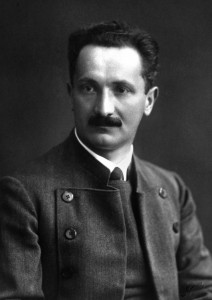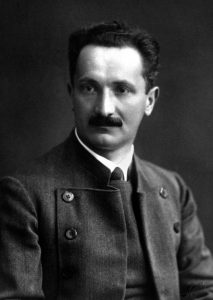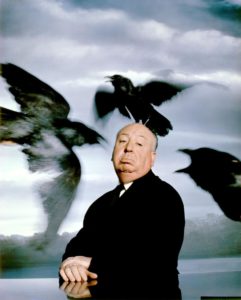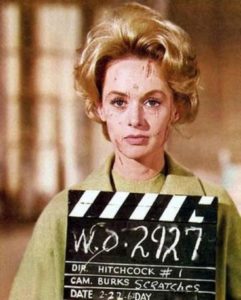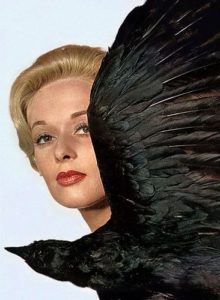6,994 words
English original here
Μετάφραση: Λόενγκριν
1. Εισαγωγή
Οι ανήκοντες στη Νέα Δεξιά συνδέονται εν μέρει μέσω κοινών πνευματικών ενδιαφερόντων. Στον κατάλογό μου αυτών των ενδιαφερόντων θα κατέτασσα σε υψηλή θέση τα έργα του Μάρτιν Χάιντεγγερ και εκείνα της Παραδοσιοκρατικής [1] [2] σχολής , ειδικά του Ρενέ Γκενόν και του Ιουλίου Έβολα. Η δική μου δουλειά επηρεάστηκε σε μεγάλο βαθμό τόσο από τον Χάιντεγγερ όσο και από την Παραδοσιοκρατία. (more…)
